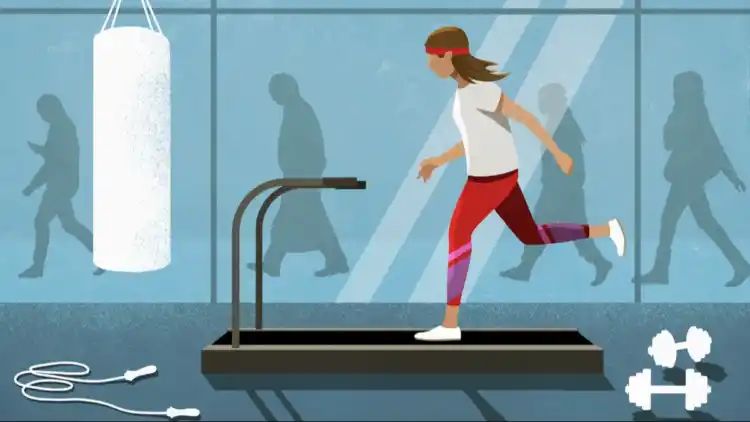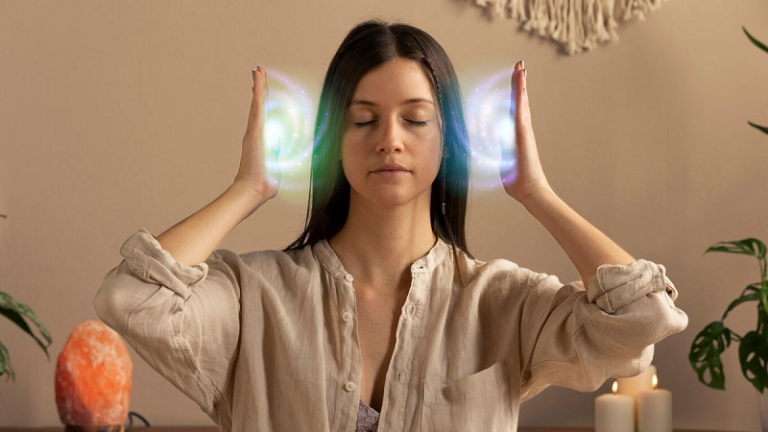Scientists reveal how much to exercise for better sleep quality

Astudy has found that people who are physically active can sleep better. Even regular exercise just two to three times a week for one hour is enough.
Insomnia, one of the most common sleep disorders in the world, is a health concern, especially as inactive lifestyles are looming across populations. Similarly, sleep debt (lack of sleep quality) is linked to various health issues like heart attacks, stroke, obesity and diabetes.
While numerous studies have shown how regular physical activity helps with better sleep quality, the study pointed out exactly how much exercise is required.
Published in the journal BMJ Open, researchers from across Europe, led by Reykjavik University in Iceland, analysed data from 4,399 participants from the European Community Respiratory Health Survey.
The study concluded that physically active people have a lower risk of some insomnia symptoms and extreme sleep durations, both long and short.
Insomnia, one of the most common sleep disorders in the world, is a health concern, especially as inactive lifestyles are looming across populations. (Photo: Getty Images)
Participants of the study, who were selected from 21 different centres across nine European countries and, over the 10-year study period, were asked about the frequency and duration of physical activity and symptoms of insomnia, nightly sleep duration, and daytime sleepiness.
Individuals were classed as physically active if they exercised at least two or more times per week for one hour or more.
About 25% of the participants were persistently active, 18% became active, and 20% became inactive. A further 37% remained inactive, with less than one hour of exercise per week for the entire study period.
Individuals who maintained consistent activity levels tended to be predominantly male, younger, and slightly lighter compared to those in other activity groups.
Individuals were classed as physically active if they exercised at least two or more times per week for one hour or more. (Photo: Getty Images)
Consequently, the researchers recalibrated their findings, accounting for variables such as age, gender, weight, and smoking habits.
Despite these adjustments, findings revealed that participants who engaged in regular activity two to three times a week throughout the study period were 42% less likely to experience difficulty falling asleep at night and 22% less likely to exhibit any symptoms of insomnia.
People who regularly stayed active were also more likely to sleep for about six to nine hours each night, not too much or too little.
“Our results are in line with previous studies that have shown the beneficial effect of [physical activity] on symptoms of insomnia, but the current study additionally shows the importance of consistency in exercising over time, because the association was lost for initially active subjects who became inactive,” the authors wrote in the study.
India’s fertility rate recorded under 2 in 2021, down from 6.2 in 1950: Report





